![]() — หน้าแรก — เกาะติดข่าว
— หน้าแรก — เกาะติดข่าว
ข่าวเศรษฐกิจและธุรกิจประจำสัปดาห์
-
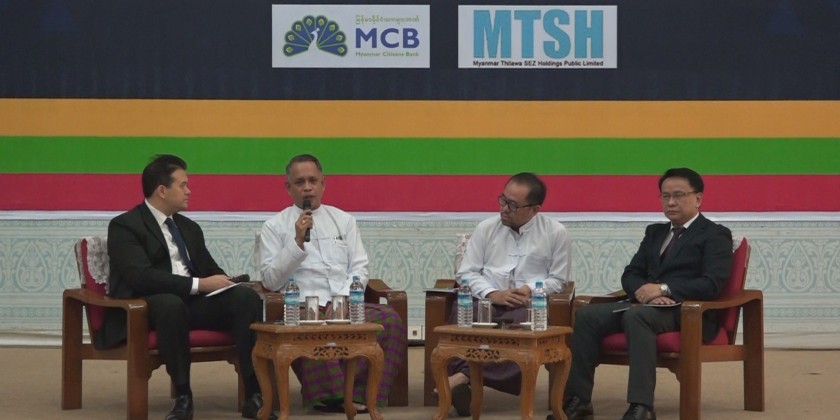
Myanmar Investment Outlook seminar, which was held last Sunday, discussed difficulties and the impacts of the new Companies Law
Myanmar Investment outlook seminar was held in Yangon on Sunday. More foreign investments are likely to come due to new Myanmar Companies law but entrepreneurs have still difficulties in access to finance, a speaker pointed out at the event. New Myanmar Companies law was approved on the 6th of December 2017 and will come into effect on the 1st of August this year. The new Myanmar Companies law allows foreign investors to take up 35% stake in local companies. More foreign investors will come into, one of the speakers, Myanmar Citizen Bank CEO said. CEO, Myanmar Citizen Bank, Dr. Thaung Han said “Foreign investors have now had incentive to come into our country as the new law allows them to take up 35% stake in local companies. The local businessmen are mentally ready for that but they are not ready for ongoing process.” -
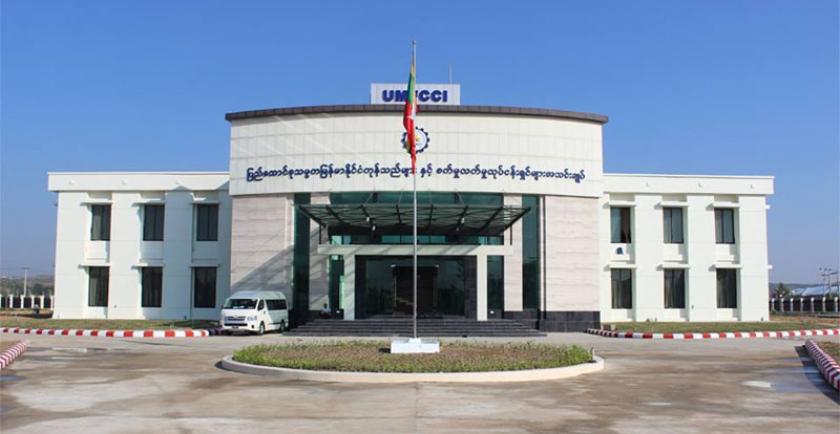
UMFCCI members urged government for lower tax rates in order to alleviate the tax burden on business
BUSINESSES at the Union of Myanmar Federation of Chambers of Commerce and Industry have urged Nay Pyi Taw to lower the tax rate, while the Internal Revenue Department said the tax rate has been lowered on an annual basis. Businesses collectively asked the tax rate to be reduced during the Chief Financial Officer conference (CFO conference), which was organised at the Union of Myanmar Federation of Chambers of Commerce and Industry (UMFCCI) office on December 21. The conference was an avenue in which businessmen from different sectors discussed the draft tax law for 2018. The executives and investors argued that the existing tax burden poses a considerable burden on businesses. The system on which the rebate for taxpayers is calculated causes difficulties, for one. -
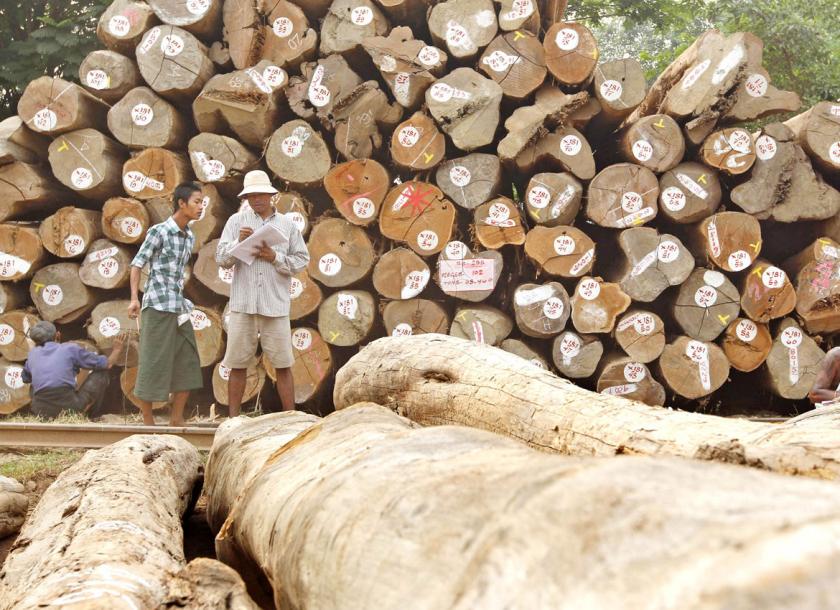
To control illegal trading of Myanmar timber, auctions for timber is temporarily suspended
Auctions for timber rejected by the Myanma Timber Enterprise (MTE), which are conducted by the Forest Department under the Ministry of Natural Resources and Environmental Conservation, have been suspended since December 29, ministry officials confirmed. The auctions, which are typically held across the regions and states, have been temporarily suspended in an attempt to control illegal trading of Myanmar timber. The suspension period is expected to be up to a month to enable the department to reorganize the auction committee and amend outdated auction regulations so that they are more relevant to present circumstances, said U Kyaw Zaw, an office director at the ministry. Timber obtained through auctions by the Forest Department is not allowed to be transferred to other regions and states and not permitted to be exported to other countries. -

Thai-Myanmar border trade on the Mae Sot-Myawaddy border dropped by more than 10% last year due to falling prices in the agricultural sector and a weakening Kyat
Trade value across the border with Myanmar border in Mae Sot district dropped more than 10% last year on falling prices in the agricultural sector and a drop in the value of the kyat. Suchart Triratwattana, the chief adviser of the Tak Chamber of Commerce, said on Wednesday border trade between the district and Myanmar’s Myawaddy township dropped from 90 billion baht in 2016 to 70 billion baht in 2017. “Prices for crops in Myanmar fell sharply in the past year, and their economy relies on agriculture. Coupled with a currency that is losing purchasing power, the Myanmar people’s spending power has certainly weakened,” said Mr Suchart, who exports farm machinery. -
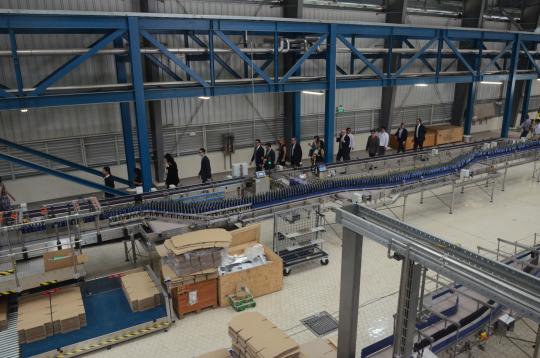
To increase foreign investment, the government has allowed investment committees from states and regions to attract investments worth US$ 5 million or 6 billion Kyat
International investors are showing interest in Myanmar, led by investors from other Asean countries, along with Japan and China said the nation’s commerce minister. To prepare for additional international investment, the Myanmar government has changed the rules to allow investment committees from states and regions to attract investments worth US$5 million or 6 billion kyat. As well, the government has opened branch offices of the Myanmar Investment Commission (MIC) in states and regions. “We have given more authority to states and regions in line with law,” said Dr Than Myint, the Minister for Commerce. -
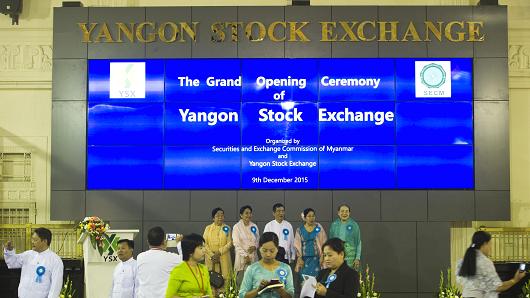
More than 70 percent drop in stock trading value at Yangon Stock Exchange (YSX) in 2017
Stock trading value at Yangon Stock Exchange (YSX) amounted to over K22 billion last year, down more than 70 per cent compared with 2016, according to figures from the YSX. From March to December, 2016, the stock trading value reached K70.7 billion. Stock trading value reached over K2.8 billion in January, 2017, over K3.1 billion in February, over K3.4 billion in March, over K1.2 billion in April, over K1.48 billion in May, K1.5 billion in June, K1.3 billion in July, over K2.2 billion in August, over K1.8 billion in September, over K1 billion in October and over K1.1 billion each in November and December. -
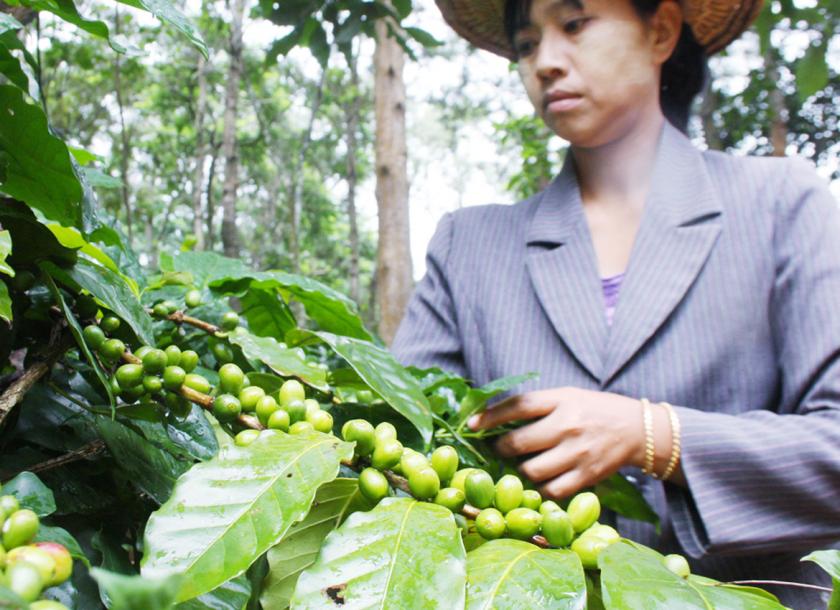
Overseas demand for locally produced coffee market expected to rise in 2018
Prospects are looking good for the Myanmar coffee industry, with coffee prices kicking off the New Year on a high level and domestic market conditions looking rather positive, coffee plantation workers said. The market price for ripe coffee cherries harvested in December is now K800-K900 per viss (1.6kg), which is at the higher end of last year’s price range, said U Win Aung Kyaw, vice chair of the Myanmar Coffee Association. “The condition of the market is looking great.” He added that coffee prices are expected to continue rising this year. “In the Ywar Ngan region, there are no more leftover coffee cherries from last year. Currently, all the good quality coffee cherries are being sold for K900 per viss and demand is expected to rise. We have been seeing a lot more enquiries from foreign buyers from Europe but also Asia, too,” he said. -
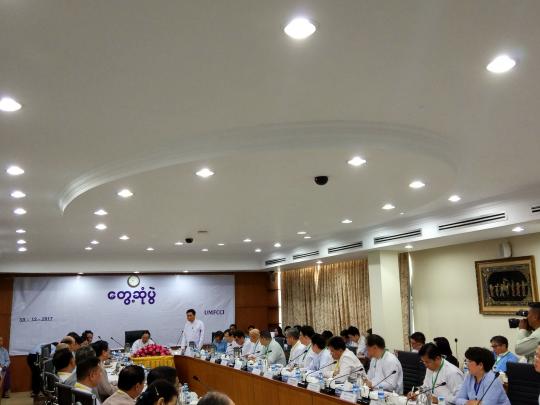
24 out of 54 money-losing state-owned factories to transform into joint ventures with private sector
Twenty-four out of 54 money-losing government-owned factories will be operated in joint ventures with private entrepreneurs after the coming session of parliament, Union Minister for Industry Khin Maung Cho said December 30. Parliament has also decided to mothball money-losing government-owned factories, he told a regular meeting between the vice president (1) and local entrepreneurs. “The crucial point is textile factories. Especially, those factories that produce school uniforms for the Education Ministry and university teachers, said Khin Maung Cho. The uniforms are needed, regardless of interruptions in electricity and that has raised production costs as the government sought new suppliers. -

Myanmar Companies Law is a major step to transform the Myanmar economy
Businessmen and economists have been eagerly awaiting a crucial piece of legislation that could have a transformative effect on the Myanmar economy. Myanmar Companies Law is a major step to transform the Myanmar economy and it will beneficially affect the influx of foreign investment in domestic businesses, Aung Naing Oo, director general at Directorate of Investment and Company Administration (DICA) under the ministry of planning and finance, stressed at an official briefing on the Myanmar Companies Law, which was held on December 13 at the Melia Yangon Hotel. He said the new law will encourage informal businesses as well as unregistered enterprises to register and so the businesses can easily set up and grow. Moreover, the law will also help improve the partnerships with overseas businesses that will provide many opportunities. -
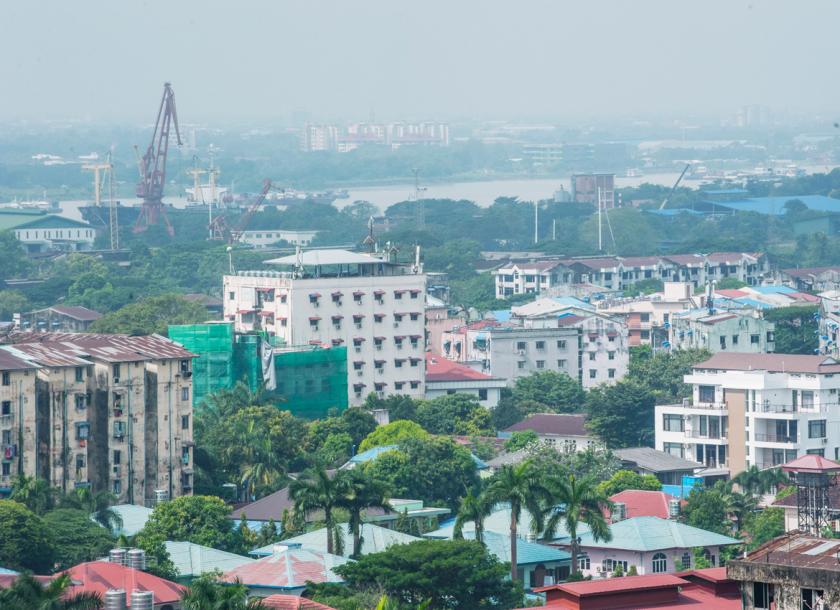
Businesses demand the Myanmar government to be more decisive and efficient in implementing reform in 2018
After a somewhat “disappointing” 2017 for the private sector, during which key economic legislation failed to take shape as expected, leading businessmen and chambers of commerce have urged Nay Pyi Taw to be more decisive and efficient in implementing reform in 2018. Moving forward, the business community wants to see stronger leadership and direction from the government in liberalising individual sectors, accelerating tax, infrastructure and land reforms and implementing the new Companies Law as soon as possible. But what should the top priorities be for the government in 2018? What can realistically be done to facilitate larger investments and stimulate economic growth this year? Peter Beynon, chair of the British Chamber of Commerce, said the first priority would be for the government to issue a master plan with a clear mandate and defined objectives for each sector. “What I am seeking is for the government to establish firm objectives and have all ministries focus on achieving these aims,” Mr Beynon said.
เกาะติดข่าว
Copyright © 2014 Business Information Center All Rights Reserved.







